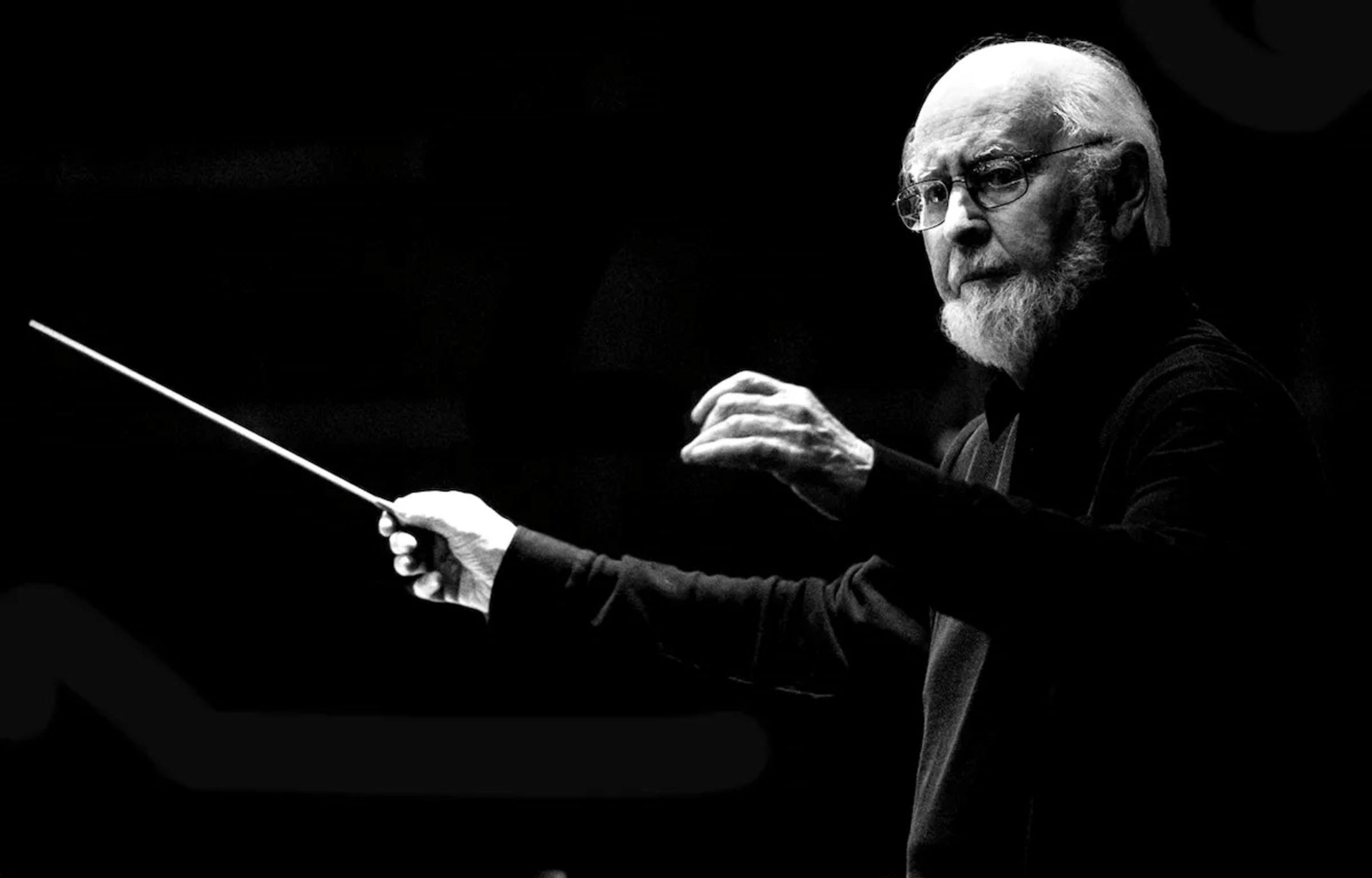During production of the latest instalment in the Indiana Jones franchise, Indiana Jones and the Dial of Destiny, the film’s legendary composer John Williams announced his retirement from composing. Movie and music lovers across the globe turned to each other with frenzied expressions. Not Williams, the man who brought life into George Lucas’s Star Wars trilogy! Not Williams, whose countless collaborations with Steven Spielberg have resulted in musical scores that have become soundtracks to our lives! The walls were falling down around us. Spielberg was shaking in his boots. Say it ain’t so!
It was not so. Earlier this year, Williams remarked rather nonchalantly at a press event for The Fabelmans, “I’ll stick around for a while”, which was received with one huge collective sigh of relief. We could rest easy. The maestro wasn’t leaving us just yet.
However, the retirement scare put me in a reflective mood on the career of John Williams. His longevity is frankly staggering. At ninety-one years old, Williams is still operating at the top of his game. All the way from Jaws to his recent work on the Star Wars sequels, the composer has never exhibited a significant dip in quality.
I probably don’t need to sing his praises for you – he’s been nominated for 51 Academy Awards. The man is not running short on praise. However I would like to focus on one of his more recent works, that being his music for last year’s The Fabelmens, to try and come to an understanding of how John Williams has managed to uphold such a high standard over such a long career.

The Fabelmans (2022) tells the story of director Steven Spielberg’s prodigious youth, his dramatic homelife and the importance of cinema to him. It’s a quiet, personal film that relies on character to drive the story forward. This story presents an interesting challenge for Williams, who is best known for his loud, kinetic compositions that play over highly-tense action set pieces in the action-adventure style. Think of the two-note suspenseful melody in Jaws that rises to a sharp crescendo as a shark goes in for the kill. Or the staccato onslaught of brass instruments in any given Star wars or Indiana Jones action scene. Even something like Schindler’s List, although meditative and slowly-paced, is an incredibly tragic film, which Williams emphasises in his haunting violin-led score. In The Fabelmans, there is no great tragedy for him to play off. He has to be more subtle in order to tap into the emotions of these grounded characters.
This is achieved largely through his choice of instruments. Or to be more specific, the lack of instruments, as the score is heavily reliant on piano compositions. The choice to reduce Williams’ usual large orchestral pieces in the film creates a more quiet, reflective mood that suits this family drama. This is also thematically coherent as much of the film revolves around the mother Fabelmans’ career as a classical pianist, and classical works by Bach and Clementi seamlessly weave in and out with Williams’ original music.
In fact many of the original compositions could be mistaken as classical. Take the title theme, a slow and tender piano piece that is unapologetically sentimental and creates the feeling of being surrounded by family. It taps into that universal feeling of home that is timeless, resulting in a beautiful piece that frames the moods and emotions of the film. In the context of this story there is a sense of melancholy underlying the notes, as the music almost acts as a reminder of the happy life that is becoming fractured throughout the runtime.
‘Mitzi’s Dance’ stands out as it directly imposes a sense of dread on the audience. The ethereal piano melody is accompanied by a string section that strains with low sustained notes, while the family themselves are straining to stay together under their ever-changing circumstances.
These pieces reoccur in different forms throughout the film. Their contrast to each other acts like a musical representation of the main theme of the film: that this family’s love for each other will exist in tandem with their separation. The closing piece of the film, titled ‘The Journey’, combines original music, previously heard thematic material, and classical music by Joseph Haydn to surmise the events of the film and end on a satisfying note of hope and warmth while still acknowledging the hurt that these characters have suffered. It is satisfying and heartfelt in a way that seems to come naturally to Williams.
And therein lies the crux of Williams’ longevity; that he is willing to move outside of his comfort zone and deprive himself of his usual box of tricks, while still bringing the essence of his music that has garnered millions of fans. He is unafraid to be sentimental and emotional in an industry delving increasingly into ironic detachment, and I think that something would be amiss without that. As Williams himself says, “a day without music is a mistake.” Personally, I think the real mistake would be a day without the music of John Williams. Thankfully, that day is not upon us just yet.
WORDS: James Grace



